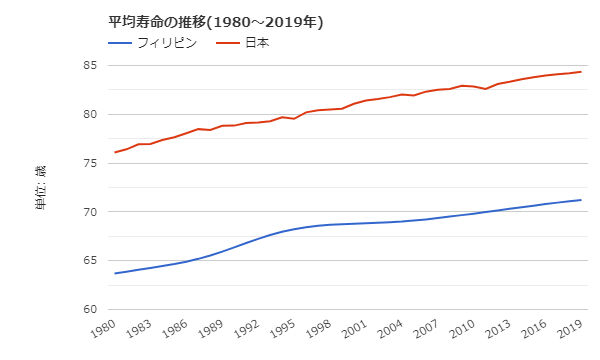
The electronic edition of the Manila Shimbun carried an article on the retirement age for civil servants in the Philippines.
Civil servants are required to retire at the age of 65, but it appears that individuals can choose when to retire at the age of 60 at their own choice.
A bill has been submitted to Congress to lower this optional retirement age to 56.
Civil Service Commission commissioner Lizada prefaced her opinion with a personal viewpoint: "I agree with this proposal," the Manila Shimbun reported.
She cited the Philippines has the highest retirement age among the ASEAN countries as the reason for this, and also noted that many older civil servants are sick and tired. It also stated that lowering the selective retirement age would allow for the recruitment of new civil servants.
Furthermore, by lowering the selective retirement age, retired government employees will have more time to enjoy life with their families, and they can also work with their families on livelihood projects or small businesses. Give them the gift of time to spend comfortably in retirement, she adds.
What struck me about this article is the high retirement age for civil servants in the Philippines, where the average life expectancy is 71 years, meaning that if they work until age 65, they will have only 6 years to retire.
The average life expectancy of the Japanese is 84 years, but the current retirement age for civil servants is 60 years old (it will be raised in stages to 65 years old after FY2031). In other words, there are 19 years left after retirement.
Translated with www.DeepL.com/Translator (free version)

It was around 1975 that Japan had the same average life expectancy as the Philippines today, but at that time the retirement age was 55. The average life expectancy in Japan was 80 years in 1998, when the retirement age was 60 years. This means that the retirement age is 20 years.
Considering the time it takes to retire, the bill to lower the retirement age in the Philippines makes sense.
Incidentally, the retirement age for Japanese civil servants has been raised to 65, but this is in line with the provision of old-age pensions. The government has already made it mandatory for private-sector companies to make an effort to allow workers to work until age 70, which is also in consideration of pension funding, which means that the starting age for pension payments will be 70 in the not-too-distant future.
Be that as it may, I think it is good to have more free time to spend retirement as one's self.









